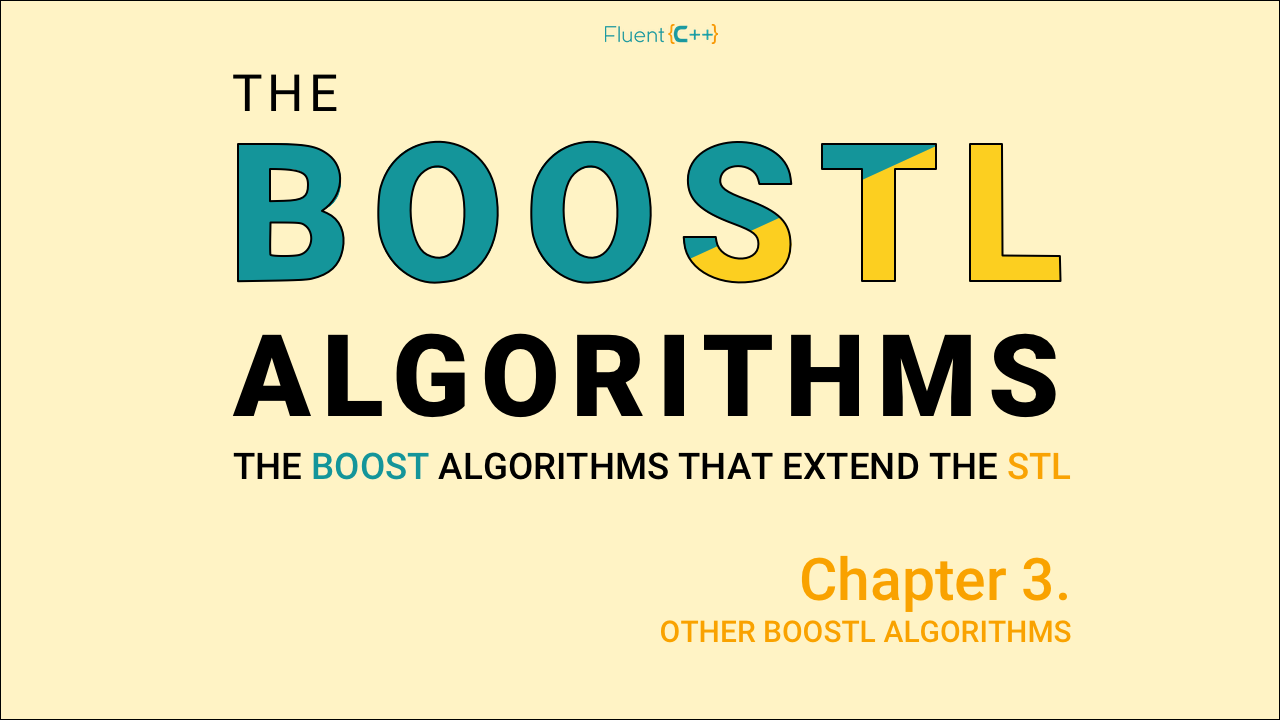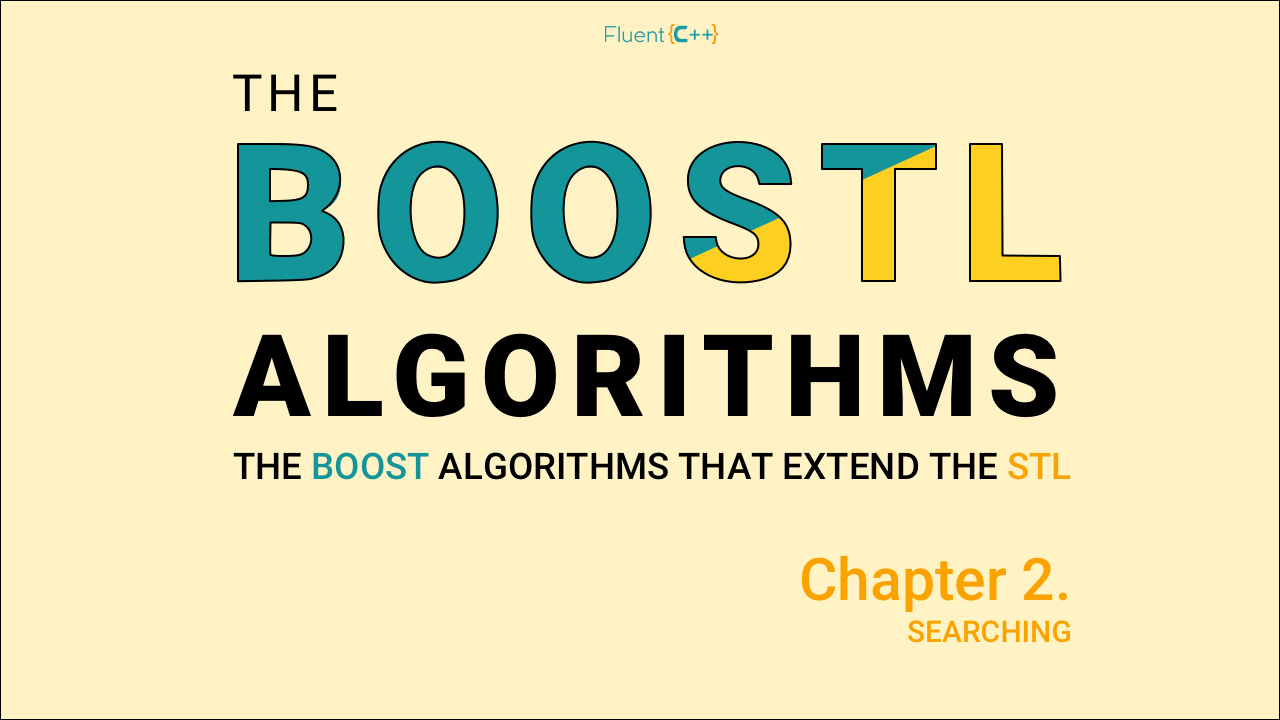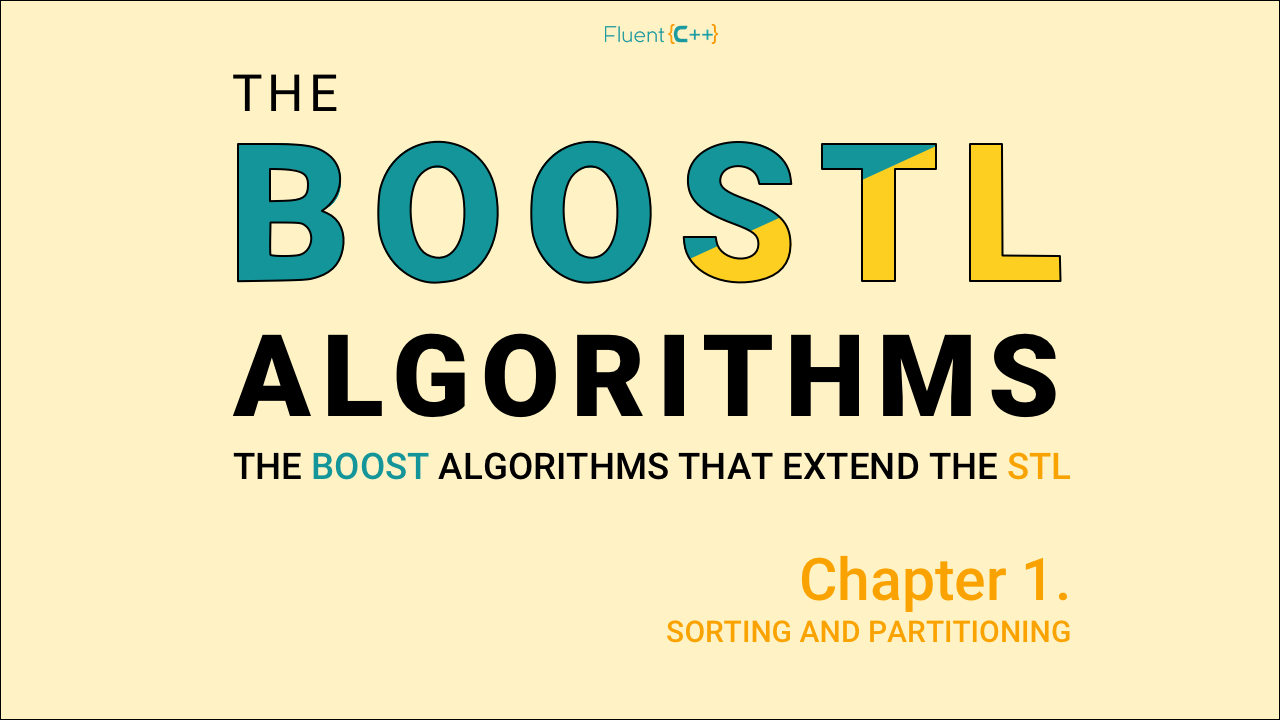Beyond Locks, a Safer and More Expressive Way to Deal with Mutexes in C++
Today’s post is written by Louis-Charles Caron. Louis-Charles is a software engineer at Advanced Silicon, working on image processing for low latency human-machine interaction. Fan of coding, Louis-Charles enjoys programming in Python and C++ and likes to design tools to build faster, more intuitive software. He dived into multi-threading a couple of years ago and […]





